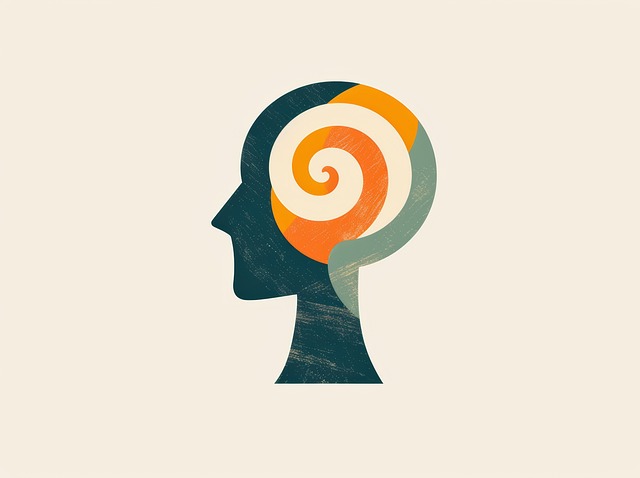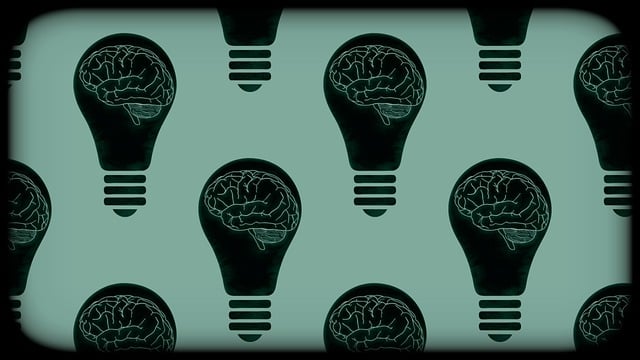Risk assessment is integral to mental health practice, particularly for chronic illness therapy, where it identifies, evaluates, and manages potential risks through a holistic approach that considers current mental state, history, social context, and triggers. The Parker Model, developed by Dr. John M. Parker, offers a comprehensive framework tailored for chronic illness therapy, integrating evidence-based strategies like mindfulness techniques with cultural sensitivity to provide culturally affirming care. This approach enhances client safety while maximizing therapy benefits. Parker Chronic Illness Therapy focuses on key areas such as stress management and open communication dynamics, empowering clients through Social Skills Training and promoting practitioner resilience through regular self-care training and protocol updates. By continually monitoring and adapting using tools like the Parker Model, mental health professionals can proactively intervene, ensuring a safe therapeutic environment that fosters positive outcomes while minimizing risks.
Mental health professionals constantly navigate complex situations, making risk assessment a critical component of their practice. This article delves into the intricate process of evaluating risks within the unique context of chronic illness therapy, using the Parker Model as a robust framework. We explore specific risks associated with this domain and present effective strategies for management. By examining continuous monitoring and adaptation, we emphasize the dynamic nature of risk assessment in modern mental health care, particularly highlighting the Parker Chronic Illness Therapy approach.
- Understanding Risk Assessment in Mental Health Practice
- The Parker Model: A Comprehensive Framework
- Identifying Risks Specific to Chronic Illness Therapy
- Implementing Effective Risk Management Strategies
- Continuous Monitoring and Adaptation in Clinical Settings
Understanding Risk Assessment in Mental Health Practice

Risk assessment is a fundamental aspect of mental health practice, crucial for ensuring safe and effective therapy. It involves systematically identifying, evaluating, and managing potential risks that clients may face during treatment. This process includes understanding not only the individual’s current mental state but also their historical experiences, social context, and potential triggers. By employing tools like those advocated by Parker Chronic Illness Therapy, professionals can proactively mitigate risks and foster a supportive environment.
Integrating compassion cultivation practices and cultural sensitivity in mental healthcare practice further enhances this process. Mindfulness techniques, for instance, can aid clients in managing mood fluctuations and reducing anxiety. Similarly, recognizing and respecting cultural nuances enables therapists to tailor interventions, ensuring that care is not only safe but also culturally affirming. This holistic approach, which combines evidence-based strategies like those offered by Parker Chronic Illness Therapy with empathetic and sensitive practices, maximizes the benefits of therapy while minimizing potential hazards.
The Parker Model: A Comprehensive Framework

The Parker Model, pioneered by Dr. John M. Parker, offers a comprehensive framework for risk assessment in mental health practice. This model is particularly relevant in chronic illness therapy, where professionals must navigate complex patient environments and potential risks. By integrating various factors such as social skills, coping mechanisms, and environmental influences, the Parker Model provides a holistic view of an individual’s mental wellness.
This approach encourages mental health professionals to consider not only the symptoms but also the underlying social dynamics and personal resources that contribute to a client’s overall mental wellness. Incorporating Social Skills Training and leveraging the potential of Mental Wellness Podcast Series Production can enhance this process, fostering deeper connections and empowering clients to manage their well-being effectively.
Identifying Risks Specific to Chronic Illness Therapy

Mental health professionals working with clients suffering from chronic illnesses face unique challenges and risks. Identifying these specific risks is paramount for effective practice and client safety. Parker Chronic Illness Therapy highlights several key areas that require careful consideration. Firstly, the complexity of managing long-term conditions can lead to heightened stress levels both for the individual and the therapist. Effective stress management techniques are essential tools to foster a healthy therapeutic environment.
Additionally, the journey of chronic illness often impacts self-esteem and communication dynamics. Therapists must be adept at employing strategies that enhance self-esteem improvement while facilitating open and honest communication. By mastering these aspects, professionals can navigate the intricate landscape of chronic illness therapy, ensuring a supportive and positive outcome for their clients.
Implementing Effective Risk Management Strategies

Implementing effective risk management strategies is paramount for mental health professionals, such as those at Parker Chronic Illness Therapy, to ensure patient safety and maintain a healthy work environment. It involves a multifaceted approach that combines robust policies, ongoing training in self-care practices, and the integration of mental health education programs designed to build resilience. By fostering a culture of open communication and promoting evidence-based practices, professionals can anticipate, assess, and mitigate potential risks, leading to improved outcomes for both patients and practitioners.
Regularly reviewing and updating risk assessment protocols, along with implementing comprehensive debriefing mechanisms, enables mental health workers to navigate complex situations with enhanced confidence. Prioritizing self-care practices not only prevents burnout but also strengthens the ability to support others effectively. This holistic approach, supported by ongoing professional development, ensures that mental health professionals remain equipped to handle a wide range of challenges, ultimately contributing to more positive and lasting impacts on patient lives.
Continuous Monitoring and Adaptation in Clinical Settings

In dynamic clinical settings, mental health professionals must embrace continuous monitoring and adaptation to effectively manage client care. This involves regularly assessing and reassessing risk factors, leveraging tools like Parker Chronic Illness Therapy models to predict and mitigate potential crises. By integrating Social Skills Training and Crisis Intervention Guidance into routine practice, practitioners enhance their ability to recognize subtle changes in client behavior or emotional states, enabling prompt adjustments to treatment plans.
Emotional Intelligence plays a pivotal role in this continuous monitoring process. Professionals who cultivate high EI are better equipped to interpret non-verbal cues, understand complex client dynamics, and respond empathetically. This allows for proactive interventions, ensuring that clients receive timely support and effective therapy tailored to their evolving needs. Such adaptability is crucial in maintaining a safe and therapeutic environment, fostering positive outcomes, and minimizing the risk of adverse events.
Mental health professionals play a crucial role in managing patient risks, especially in chronic illness therapy. By adopting comprehensive frameworks like the Parker Model, which integrates risk assessment across various aspects of care, practitioners can effectively identify and mitigate potential hazards. This includes understanding specific risks associated with chronic conditions and implementing tailored strategies for safe and adaptive practice. Continuous monitoring and flexibility are key to ensuring high-quality care as the field evolves, making the Parker Chronic Illness Therapy approach a valuable tool for navigating this dynamic landscape.














